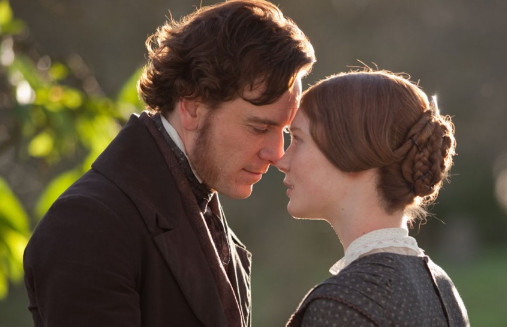The Conflict Between Passion and Reason in Jane Eyre
The tension between passion and reason is a central theme in Charlotte Brontë’s Jane Eyre. This conflict adds depth to the characters’ motivations and highlights the societal constraints of the 19th century. Understanding this dynamic enriches our reading of the novel and reflects broader issues in our own lives.
The Turmoil of Internal Conflict
Throughout Jane Eyre, the protagonist often grapples with her emotions versus her logical reasoning. For instance, Jane’s love for Mr. Rochester ignites strong feelings of passion, yet her innate sense of self-worth and morality forces her to consider the consequences of pursuing that love. This inner turmoil showcases Brontë’s exploration of human psychology, illustrating how passion can drive individuals to make bold choices, while reason serves as a safeguard against potential heartache. Jane’s journey teaches us that navigating our emotions is essential, but balancing them with rational thought ultimately leads to healthier relationships and self-fulfillment.
Societal Expectations and Personal Desires
Another layer to the conflict between passion and reason in the novel stems from societal norms. In the Victorian era, women, including Jane, were often expected to suppress their desires for the sake of propriety. When Jane resists the idea of becoming Rochester’s mistress, she pushes back against these expectations, illustrating her desire for autonomy and respect. Brontë masterfully portrays how societal pressures can dampen the human spirit and force individuals to choose between conforming to social norms and pursuing their passions. This tension remains relevant today, as many still wrestle with societal expectations, reflecting the importance of self-advocacy and self-expression.
The Power of Choice and Independence
Ultimately, Jane Eyre underscores the significance of choice in the battle between passion and reason. Jane’s evolution throughout the story demonstrates that true independence comes from making decisions that align with one’s values. By choosing to leave Rochester when he proposes they live in sin, she asserts her identity and moral compass, proving that reason can triumph over transient passions. This pivotal moment not only marks her growth but also reinforces the theme that genuine love is founded on mutual respect rather than mere desire. In a world that often pressures us to conform, Jane’s journey encourages readers to make choices that affirm their identity and beliefs.
In conclusion, the conflict between passion and reason in *Jane Eyre* is a timeless exploration of human experience. By examining how characters navigate this tension, we can gain insights into our own relationships and decision-making processes. Dive into Brontë’s world and discover the power of balancing passion and reason in your life—it’s a lesson worth learning.
